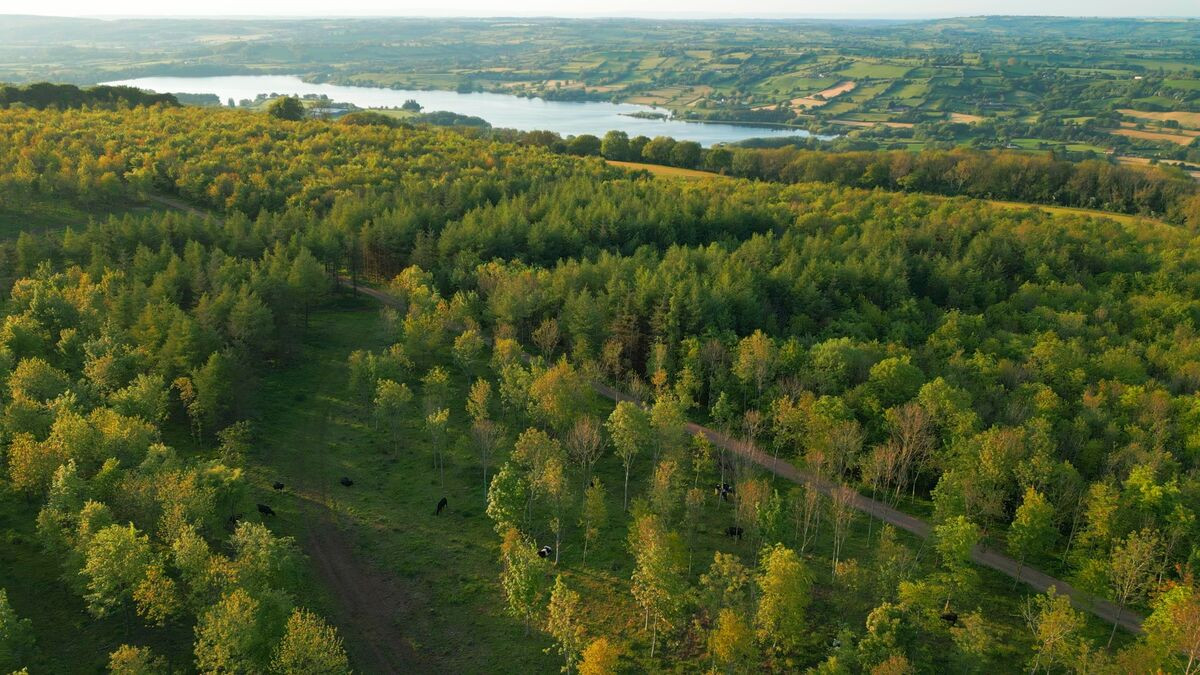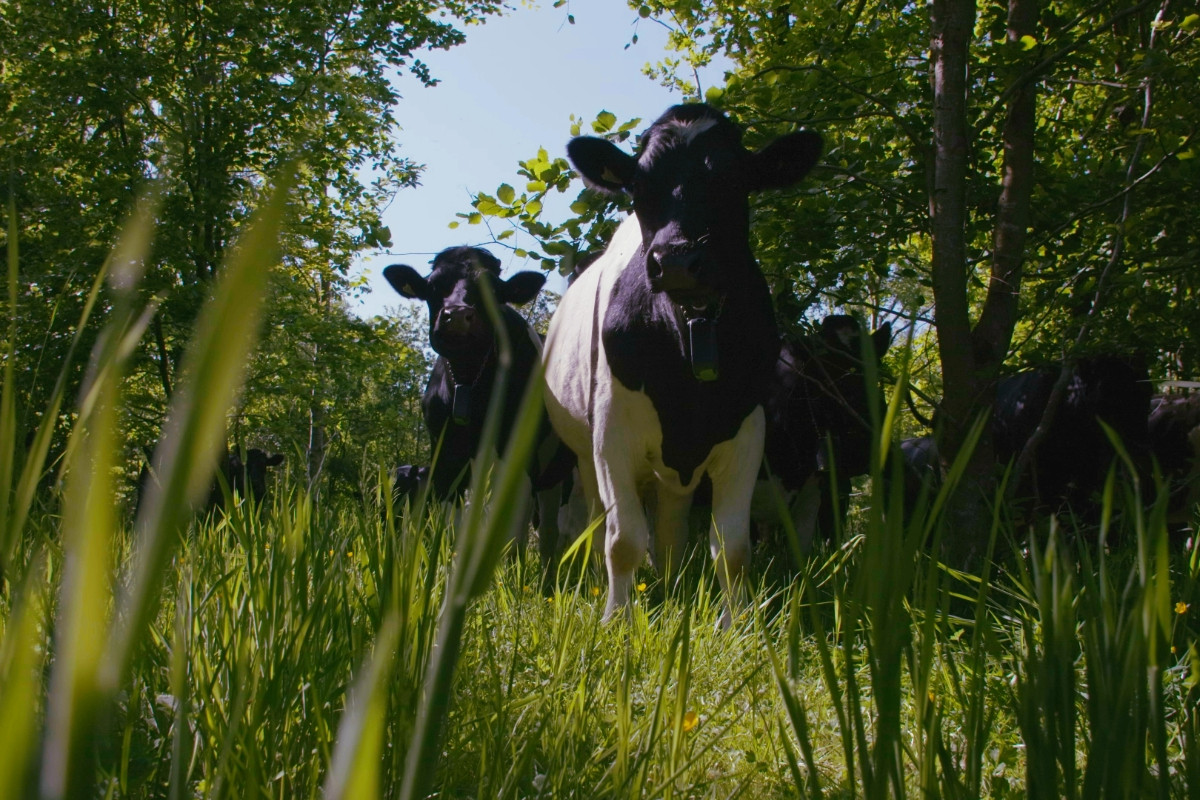
Farming
Farming forward,
the regenerative way
We're used to working in harmony with nature. Our own farms have been organic for over 30 years, but now we're going further and adopting a regenerative organic approach. Why? Because, these farming practices have the potential to lock up more carbon in our soils than our companies' carbon footprint.
What is regenerative farming?
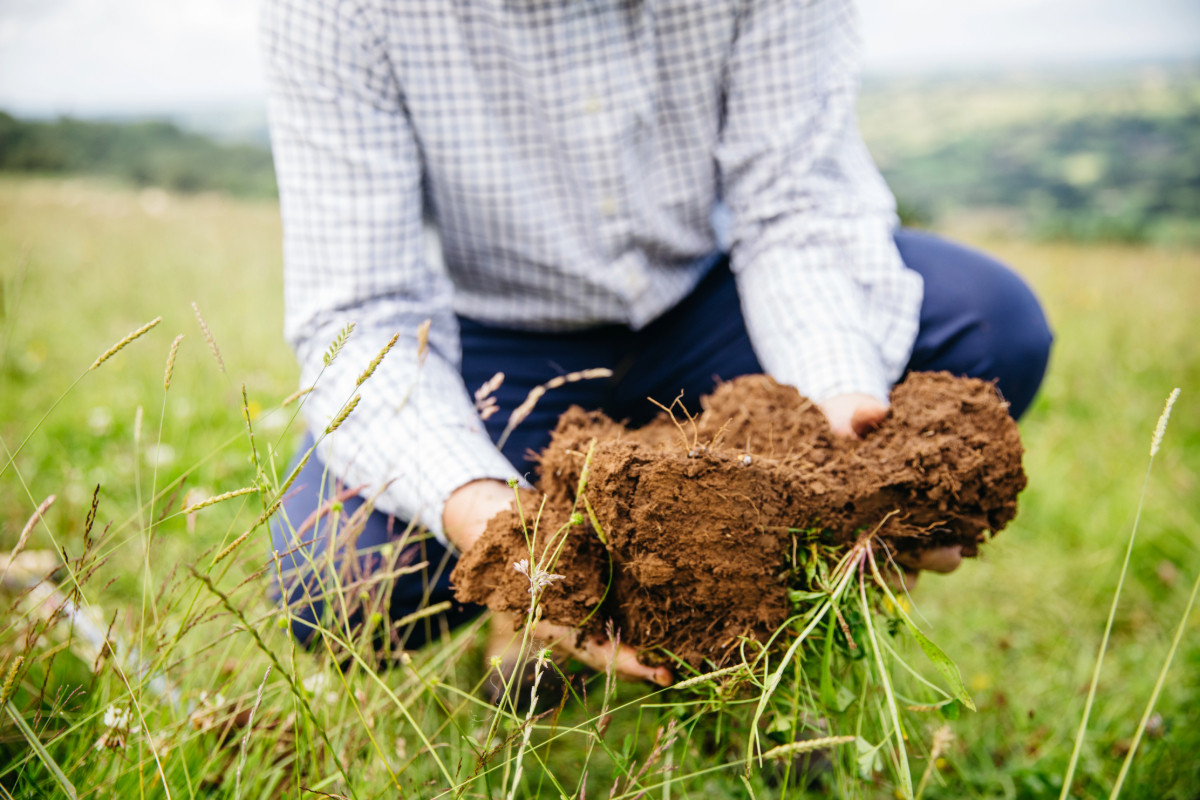
What is regenerative farming?
At present, there is no fixed definition of regenerative farming - it's a farming approach that benefits the entire ecosystem and is therefore unique to each farm's context.
For us, it's a way of farming that goes beyond organic to truly regenerate the farming system to produce natural healthy food that's good for the farm, the animals, people and planet.
Across Yeo Valley Farms, the regenerative approach starts with the soil. We're working to prove after decades of nature positive farming that we're truly regenerating the carbon stocks of the soil.
At present, there is no fixed definition of regenerative farming - it's a farming approach that benefits the entire ecosystem and is therefore unique to each farm's context.
For us, it's a way of farming that goes beyond organic to truly regenerate the farming system to produce natural healthy food that's good for the farm, the animals, people and planet.
Across Yeo Valley Farms, the regenerative approach starts with the soil. We're working to prove after decades of nature positive farming that we're truly regenerating the carbon stocks of the soil.
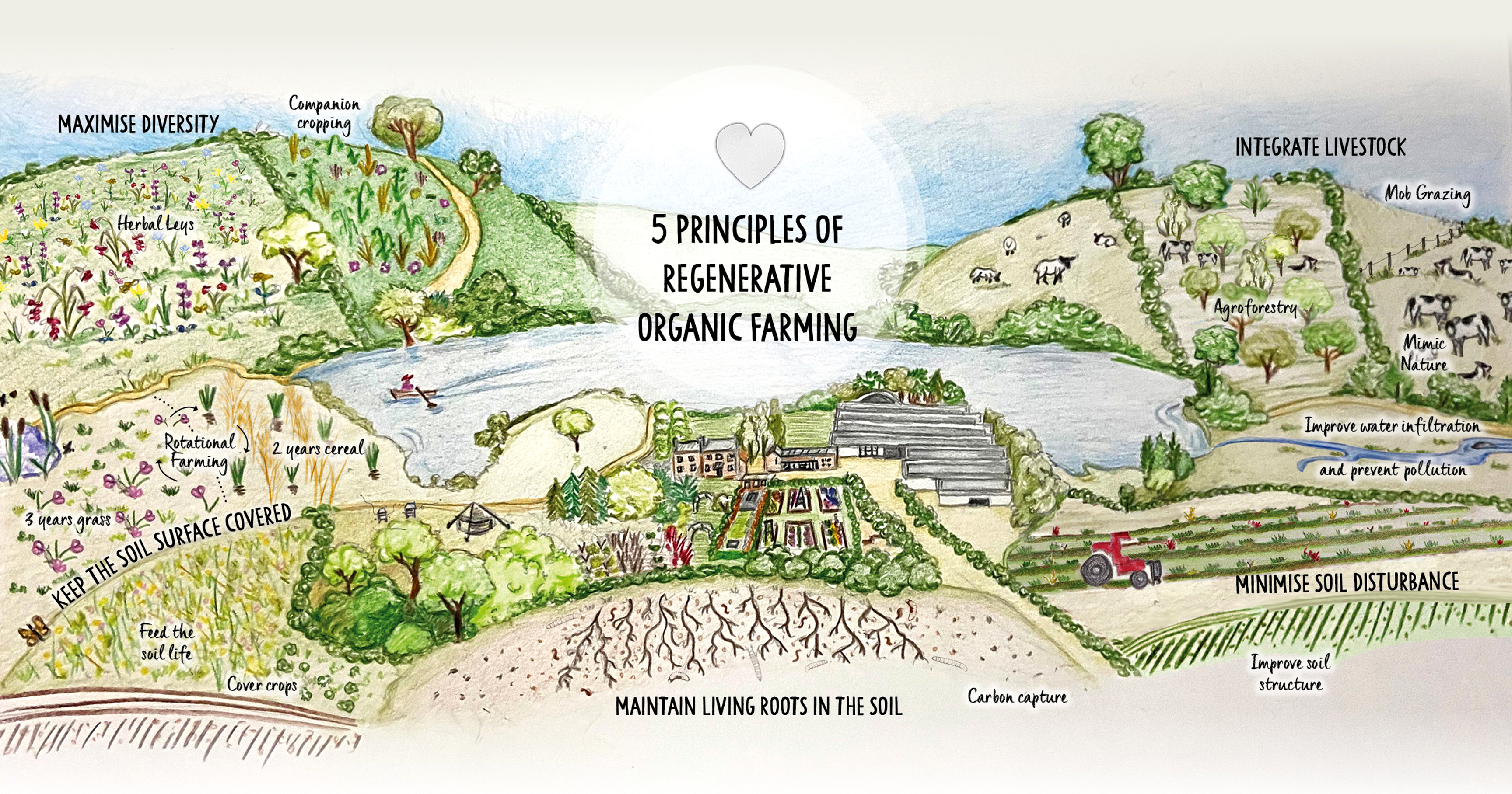
Measuring to prove our impact
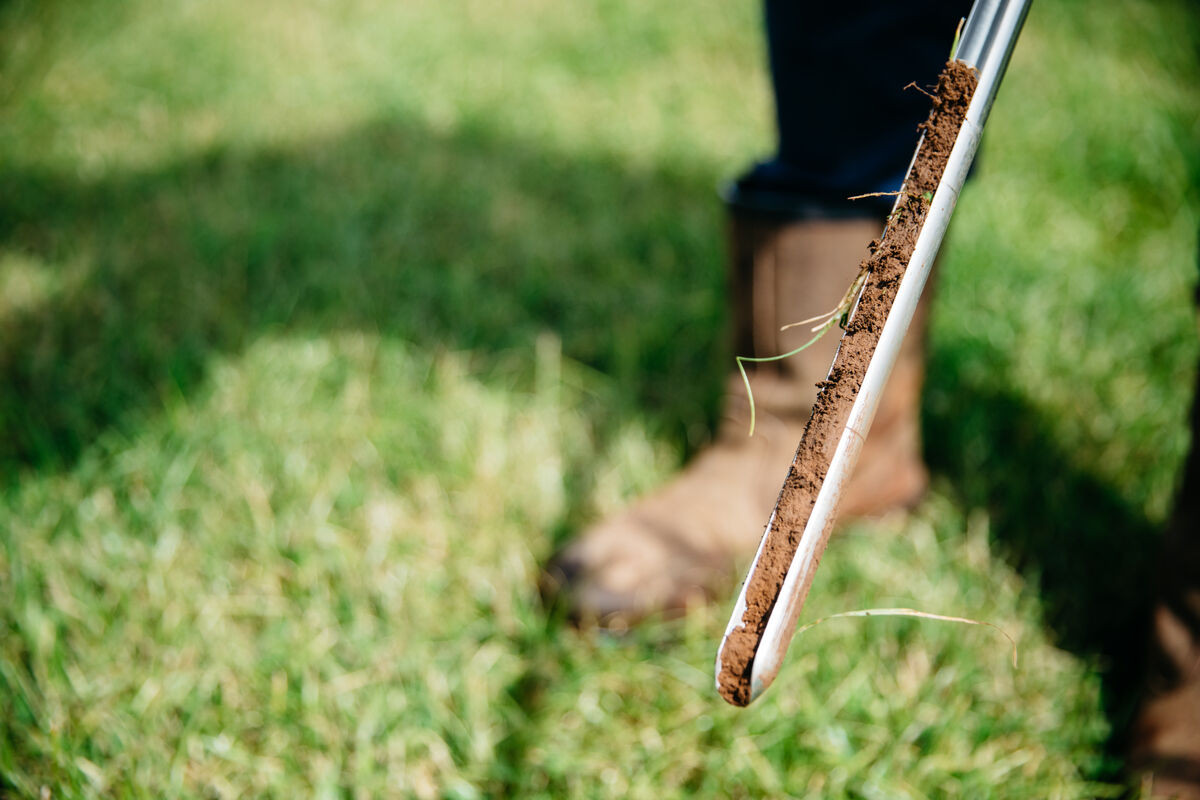
Measuring to prove our impact
Using our Yeo Valley farms as a showcase, we're working with expert partners the Farm Carbon Toolkit on a five-year programme to understand the real impact of soil carbon stocks.
In 2019/20, we carried out over 1,300 soil samples across 2,000 acres. The results show that soil carbon stocks on our family farm are equivalent to 150 years' worth of the farm's emissions.
Using our Yeo Valley farms as a showcase, we're working with expert partners the Farm Carbon Toolkit on a five-year programme to understand the real impact of soil carbon stocks.
In 2019/20, we carried out over 1,300 soil samples across 2,000 acres. The results show that soil carbon stocks on our family farm are equivalent to 150 years' worth of the farm's emissions.
Growing a Re-Generation
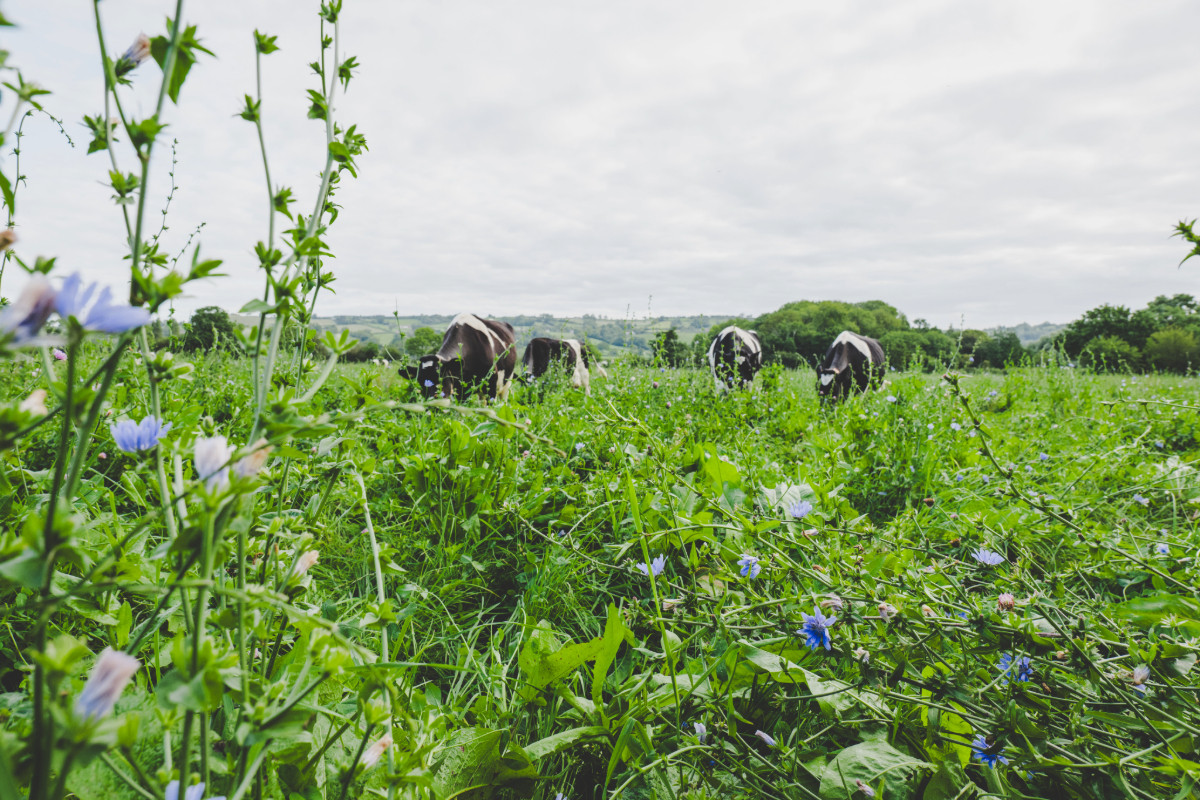
Growing a Re-Generation
We are supporting the regenerative organic farming movement in the UK with research, testing and education.
We’re working with the Farm Carbon Toolkit and over 20 supply farms to collaborate on one of the UK’s largest soil carbon measuring and soil health programmes.
Over the next two years, we will measure the soil organic matter across these farms, collecting samples from over 840 fields, covering over 13,000 acres.
We are supporting the regenerative organic farming movement in the UK with research, testing and education.
We’re working with the Farm Carbon Toolkit and over 20 supply farms to collaborate on one of the UK’s largest soil carbon measuring and soil health programmes.
Over the next two years, we will measure the soil organic matter across these farms, collecting samples from over 840 fields, covering over 13,000 acres.
Agroforestry Project
Where ash dieback has affected our Yeo Valley woodland, gaps between the trees have been quickly taken over by grass, weeds and brambles. Because it's an organic woodland, we're careful not to use chemicals or heavy machinery that could disturb the soil - keeping carbon locked in the ground is a big part of fighting climate change. That's why we brought in cattle. They're natural grazers and also benefit from the shade and variety the woodland offers. It's an agroecological approach we're experimenting with and learning from - and sharing our experience as this approach gains momentum.
